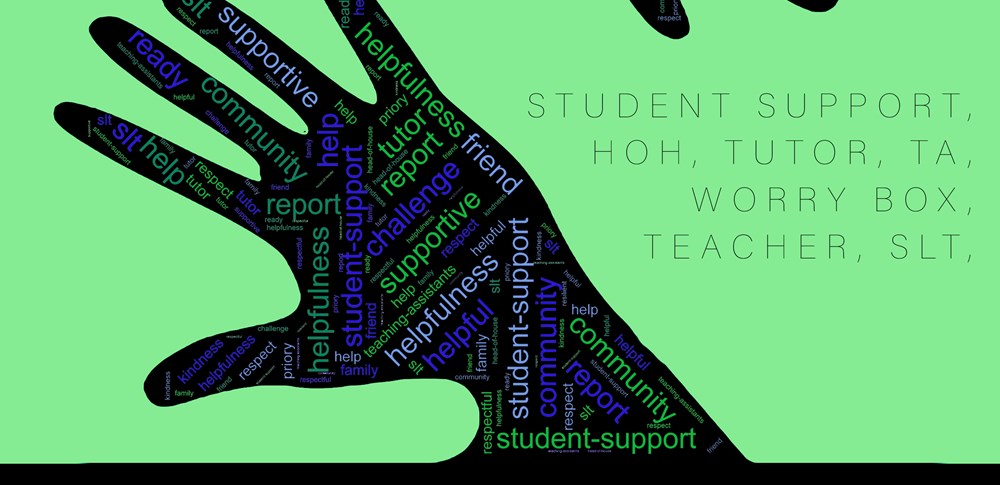For more information, please see our Behaviour and Anti-Bullying Policy.
Here, we will offer helpful advice on:
- Spotting the signs of bullying
- What to do if your child is being bullied
- What to do if your child is bullying others
What is Bullying?
- repeated
- intended to hurt someone, either physically or emotionally
- often aimed at certain groups, for example because of race, religion, gender, disability or sexual orientation
How may your child act if they are being bullied?
Your child may:
- Begin to perform poorly at school
- Want to stay off school more often or to stay at home in the evenings/weekends
- Be reluctant to walk to/from school
- Want to change schools
- Become withdrawn, anxious or lacking in confidence
- Lose their temper easily
- Be afraid to use the internet or mobile phone or be nervous when messages are received
- Have unexplained cuts, bruises or other injuries
- Bully other children or siblings
- Have money/possessions that are damaged or 'go missing'
- Steal money from you
- Be hungry because their dinner money has been taken
- Attempt/threaten to commit suicide or run away
How can you support your child if you suspect they are being bullied?
- Speak to your child
- Listen carefully to what your child tells you and get facts e.g. how, when, where, names of bully/bullies etc.
- Never tell your child to ignore bullying
- Don't blame your child
- Try to understand your child; listen and don’t criticise
- Do not encourage physical retaliation
- Make them feel supported with a safe home environment
- Don’t presume the problem has gone away; talk regularly
- Monitor your child’s social media
What should I do if my child is bullying others?
- Talk with your child and find out why
- Encourage your child to show empathy, respect and compassion
- Have clear expectations. Let your child know that bullying is never acceptable
- Provide clear, consistent consequences for this behaviour
- Reward new appropriate behaviour and give praise.
- Be realistic. It takes time to change behaviour so be patient with your child
- Monitor your child’s social media
What do I do next?
- Contact your child’s Head of House or our Student Support Team, giving factual information. Email info@tpstrust.co.uk with the named individual in the subject area you wish to contact.
- Encourage your child to speak to an adult if the bullying continues
Head of House
Head of Attenborough - Mr J. Dalgarno
Head of Frank - Mr J. Austin
Head of Hawking - Ms C. Gerard
Head of King - Mr P. Walters
Head of Nightingale - Ms J. Alexandre
Head of Parks - Mrs L. Heath
Student Support Staff
Student Support Officer-Liz Tinsley
Deputy Student Support Officer- Lizzie Robey
Advice for Parents
If you would like to access further guidance on how to support your child if they are victims of bullying, or they are bullying others, the following organisations can help. Access their support by clicking below.



Support for Students
It is always much quicker and more effective if bullying is reported directly to staff so it can be dealt with promptly. However, if your child is concerned about this, they can report incidences via our 'Worry Box'. They are all told about this in assemblies and tutor times. It is painted yellow and in a discrete part of school near Room 10 (Mrs Hancox's room). Please encourage them to use this if it would be more useful. We also have form worry boxes which rotate around House groups as part of our tutor time activities. Students can either post a blank piece of paper or a concern using this system too.'
The following organisations offer counselling and emotional support to children and young people. Access their support by clicking on them below.



Reporting Online
If your child has been a victim of sexual, online abuse or they're worried this is happening to someone they know, click the CEOP button below.








